
Amid the COVID-19 Pandemic, Urbanites Are Eyeing the Suburbs
Increased time inside close quarters during the coronavirus pandemic is causing some urbanites to consider moving toward the suburbs, a recent survey shows.

Increased time inside close quarters during the coronavirus pandemic is causing some urbanites to consider moving toward the suburbs, a recent survey shows.

Carta Conjunta sobre a situação dos Yanomami e Ye’kwana no contexto da pandemia do COVID-19

Following the recent ouster of Brazil’s popular justice minister, Sergio Moro, the world’s fourth-largest democracy is on the brink of plunging into even deeper instability.

As the novel coronavirus spreads throughout Latin America and the Caribbean, social media have been rife with reports touting some of the environmental and climate benefits of the pandemic.

After a temporary lull brought about by sweeping Coronavirus quarantine measures, violence is increasing in many parts of Latin America

Cities are at the center of this pandemic, as they have been during so many plagues in history.

The COVID-19 pandemic is painfully exposing the world’s many interconnected fragilities

When Sérgio Moro resigned as justice minister on Friday, accusing Jair Bolsonaro of meddling in a police investigation, the former star judge shifted everyone’s attention away from coronavirus — by triggering the gravest political crisis of the Brazilian president’s administration so far.

The pandemic has turned the world outside our doorsteps into a newly formed wilderness. Public spaces are now areas to be ventured into sparingly, except by essential workers, so for most of us our worlds have shrunk to the size of our homes.

In every crisis it is the poor, sick, disabled, homeless and displaced who suffer the most.
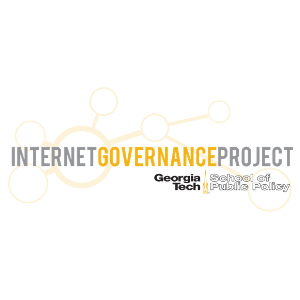
Published in Internet Governance Project By Louise Marie Hurel Late February this year, Brazil published its first national cybersecurity strategy. With more than 100 countries worldwide having released their strategies and considering that Brazil is the biggest economy in Latin America, one might ask: why has it taken

Our cities will not be the same after COVID-19.
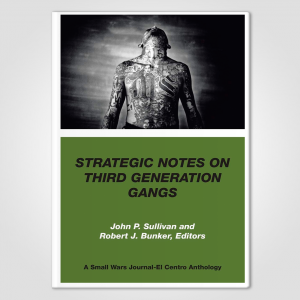
Strategic Notes on Third Generation Gangs builds upon the third generation street gang (3Gen Gang) theory first articulated in a series of papers by John P. Sullivan in 1997

To understand more about the crisis confronting the urban poor, The New Humanitarian interviewed Robert Muggah, principal of The SecDev Group and co-founder of the Igarapé Institute,

Published in The Humanitarian By Robert Muggah To understand more about the crisis confronting the urban poor, The New Humanitarian interviewed Robert Muggah, principal of The SecDev Group and co-founder of the Igarapé Institute, a think tank focused on urban innovation that has worked with the World Health Organisation to

As coronavirus gales across the Americas, officials from Mexico to Chile have puzzled over how to keep millions locked down at home

As coronavirus gales across the Americas, officials from Mexico to Chile have puzzled over how to keep millions locked down at home

Published in Financial Times By Robert Muggah With president Jair Bolsonaro dismissing the pandemic as “sniffles” and criticising regional lockdown measures, the country’s drug gangs and paramilitary groups have stepped in to enforce social distancing to combat the spread of coronavirus. “Whoever is caught on

Published in Washington Post By Robert Muggah Hundreds of thousands of people around the world are jailed in crammed cells under unsanitary conditions, fertile ground for the spread of the coronavirus, but many governments have yet to adopt measures that could prevent the pandemic from

Published in Bloomberg By Robert Muggah At midnight on March 17, Paraguay closed down the Friendship Bridge to Brazil. It was the first time in more than half a century that traffic stopped on the emblematic land link between the two South American neighbors, where
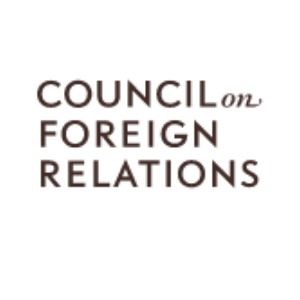
Published in Council on Foreign Relations By Louise Marie Hurel The February 20 Brazil-EU Cyber Dialogue signaled the most recent step taken by Brasília and Brussels to collaborate on advancing responsible state behavior in cyberspace. While there have sometimes been differences in the two
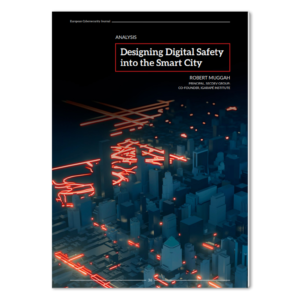
This article explores two basic questions: (1) What are the cyberthreats facing cities and their residents; and (2) How can cities and city networks work to improve their digital safety? These may be among the most significant – if under-appreciated – questions facing cities in the 21st century.

With COVID-19 infections now evident in 176 countries, the pandemic is the most significant threat to humanity since the second world war. Then, as now, confidence in international cooperation and institutions plumbed new lows.

Published in Financial Times By Robert Muggah With president Jair Bolsonaro dismissing the pandemic as “sniffles” and criticising regional lockdown measures, the country’s drug gangs and paramilitary groups have stepped in to enforce social distancing to combat the spread of coronavirus. “Whoever is caught on

Far from merely reflecting an unequal distribution of economic means, rising inequality comes with a broad range of additional toxic side effects, many of which the COVID-19 pandemic has thrown into sharp relief. With the pandemic transforming life around the world before our eyes, this is a problem that can no longer be ignored.

Liliana was there when local men abducted her teenage friend on the outskirts of El Salvador’s capital, and she saw exactly who did it. But when police came to question her, she kept quiet.

Published in Project Syndicate By Robert Muggah The COVID-19 pandemic was not just predictable but inevitable, which makes the skyrocketing economic and human costs of the crisis all the more unacceptable. If the international community does not respond by creating new global structures to deal

Published in US Today By Robert Muggah A data analysis by USA TODAY finds that, two weeks after the U.S. first entered into community transmission on March 3, America’s trajectory is trending toward Italy’s, where circumstances are dire. U.S. officials are sounding the alarm, urging
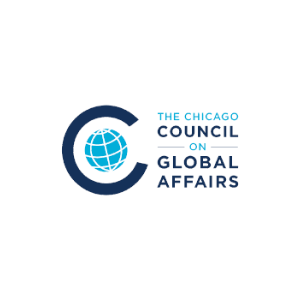
Published in The Chicago Council By Robert Muggah As COVID-19 spreads around the world, non-resident senior fellow on global cities Robert Muggah shares his insights into the spread and impact of pandemics, why they are becoming more common, and how cities can help minimize threats

Published in World Economic Forum By Robbert Muggah When it comes to infectious disease outbreaks, cities are dual-edged. To be sure, cities are a big part of the problem. They intensify the spread and transmission of infectious disease through increased human contact. Today, roughly 4

O Instituto Igarapé utiliza cookies e outras tecnologias semelhantes para melhorar a sua experiência, de acordo com a nossa Política de Privacidade e nossos Termos de Uso e, ao continuar navegando, você concorda com essas condições.

